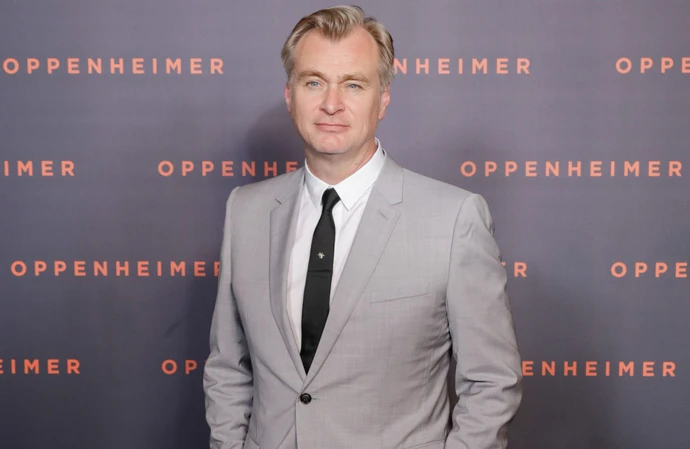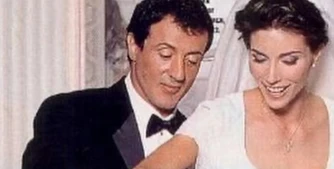Bombshell warning! Christopher Nolan admits it’s far more difficult to regulate AI than nukes
As his atomic bomb epic ‘Oppenheimer’ proves to be box office gold, Christopher Nolan has warned it’s far more difficult to regulate artificial intelligence than nuclear weapons.

Christopher Nolan is warning it’s far more difficult to regulate artificial intelligence than nuclear weapons.
The 52-year-old director, whose ‘Oppenheimer’ epic about the father of the atomic bomb, J Robert Oppenheimer, is set to take $75 million at the box office in its first three days of release, said even though it is now “reassuringly difficult” to build nukes the same doesn’t apply to emerging and as-yet unregulated AI.
As Hollywood’s biggest stars and writers strike over the prospect of AI being used to churn out films, Christopher told The Guardian: “To look at the international control of nuclear weapons and feel that the same principles could be applied to something that doesn't require massive industrial processes – it’s a bit tricky.
“International surveillance of nuclear weapons is possible because nuclear weapons are very difficult to build. Oppenheimer spent $2 billion and used thousands of people across America to build those first bombs. It's reassuringly difficult to make nuclear weapons and so it's relatively easy to spot when a country is doing that. I don't believe any of that applies to AI.”
Christopher also warned the United Nations had become a “very diminished” force, but said Oppenheimer’s call for international control of nuclear weapons had “sort of come true”.
The UN secretary-general Antònio Guterres has said the body was the “ideal place” for establishing a global standard and approach to AI, amid warnings it could lead to the loss of millions of jobs worldwide.
Christopher added Oppenheimer had wanted countries to give up a “portion” of their sovereignty to put control of nuclear energy in the hands of the international community via the UN.
But he added the UN was now a “very different” and “very diminished” from “what it was in the 1950s”.
Members of the Directors Guild of America, including the ‘Tenet’ filmmaker, have agreed a new contract with US film studios stating that AI cannot take over directors’ work.















